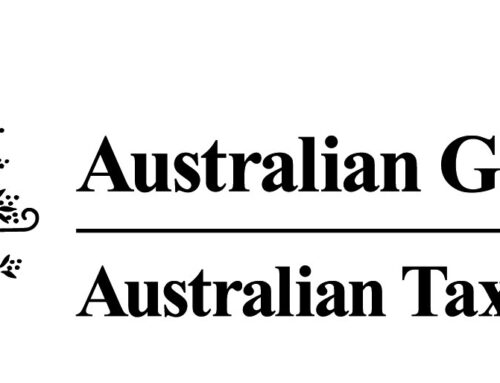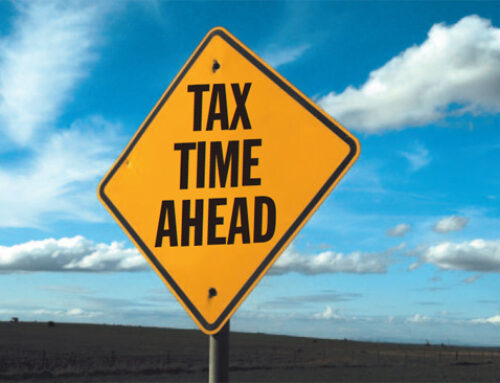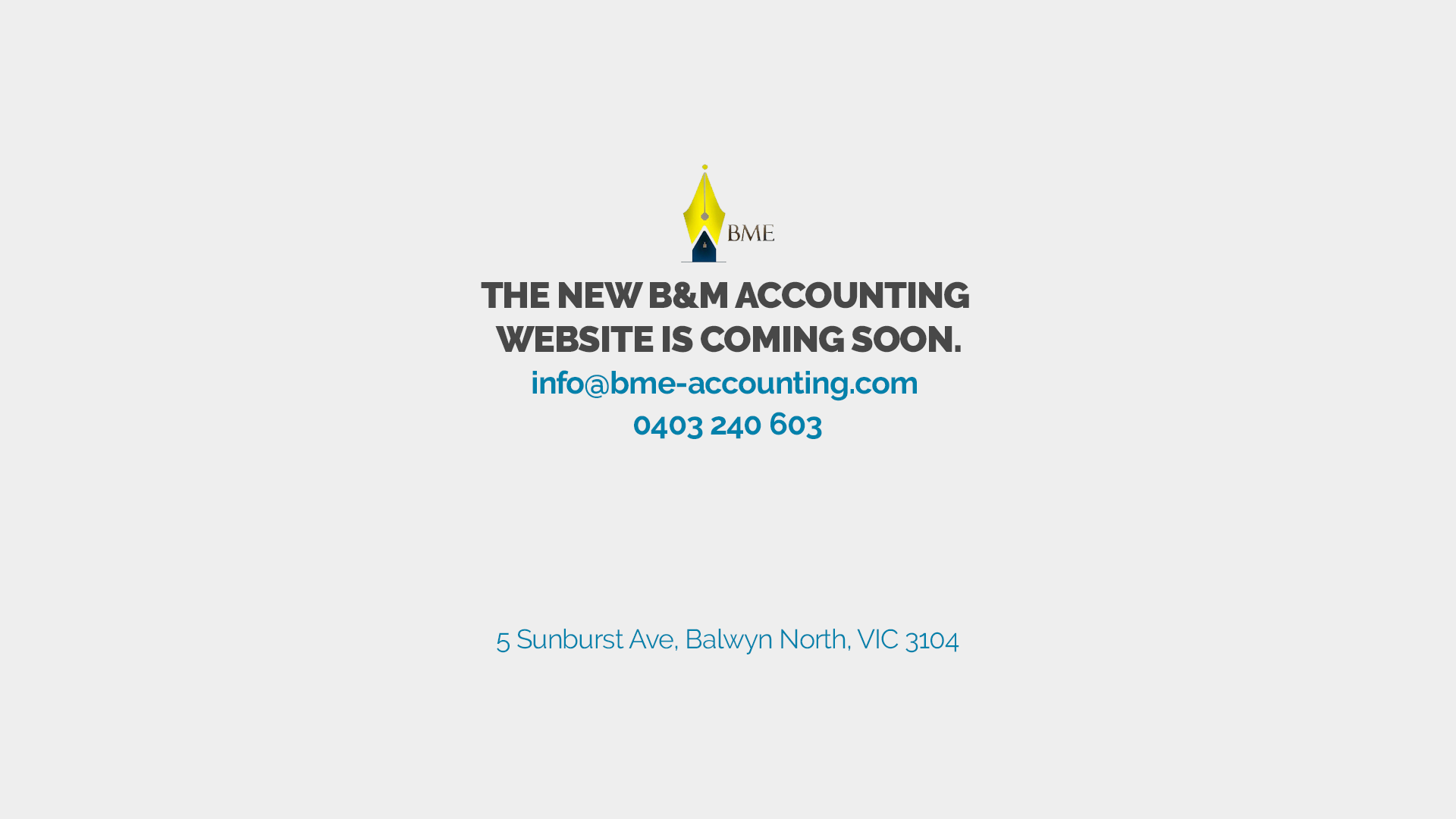Many of our clients have, or are considering purchasing, one or more investment properties. Multiple strategies exist to help you minimise your tax and many are impacted by timing – getting the timing right is very important.
Understanding Capital Gains Tax in this process is crucial. A capital gain or capital loss is the difference between what it cost you to get an asset and what you received when you disposed of it.
You pay tax on your capital gains. It forms part of your income tax and is not considered a separate tax, although it is generally referred to as capital gains tax (CGT).
Capital Gains Tax (CGT) can be reduced depending on:
• the length of time you hold a property;
• the person or entity purchasing the property;
• the day in which you sign the contracts.
The ‘six-year rule’ may enable you to claim a property as your principal place of residence (PPOR) for up to six years, even after you move out. If you have lived in a property and then have to relocate, you can still call this property your PPOR even while receiving rental income. As long as you comply with the eligibility criteria this can be an effective strategy of reducing CGT when it comes time to sell. Importantly, you need to obtain a market valuation at the time you start to rent the property. Ensuring an investment property is owned for at least 12 months will reduce CGT by 50 per cent. CGT is calculated based on ‘Contract Date’ not ‘Settlement Date’, make sure you are aware of the timing of these dates as they could affect the CGT you will have to pay. As well as this, by signing contracts on 1 July instead of 30 June you could push your tax liability out by 12 months. There may also be tax advantages of purchasing a property with a number of people within a Discretionary Trust structure. This takes the risk out of anticipating your individual financial circumstances into the future and allows you to calculate the most tax-effective distribution of rental income and any capital gain. Record keeping is also important when you own a rental property especially when it comes to calculating capital gains. Records of the purchase and ongoing costs need to be maintained for as long as the property is owned, plus a further five years after the year any capital gain/loss was assessed. Good record keeping goes a long way to ensuring that all deductions are claimed and costs incurred in buying and selling the property are included when determining any capital gain.





